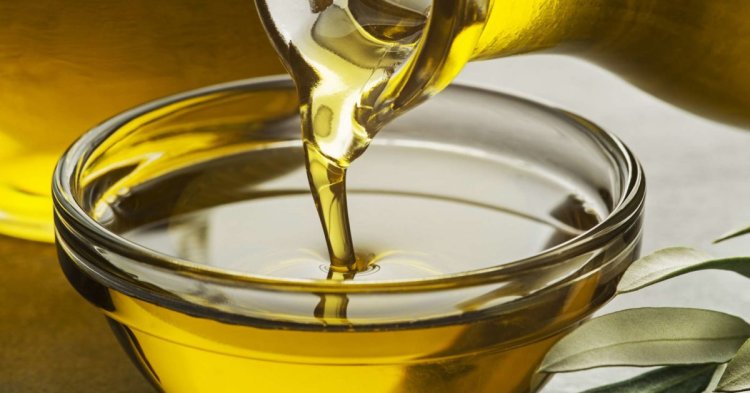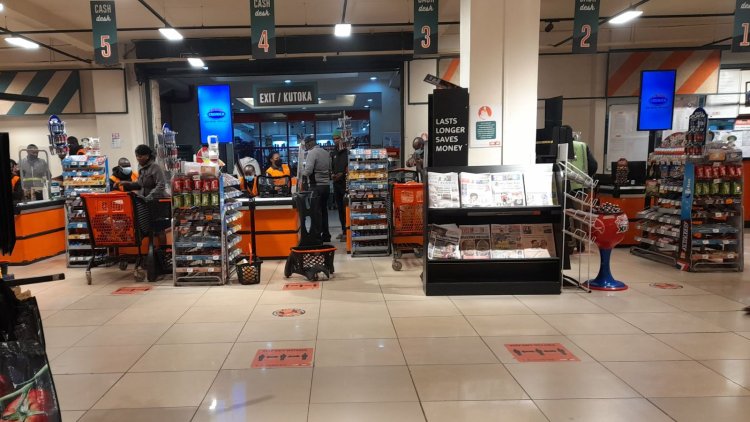KEBS Refutes Media Reports, Explains Why Ksh17B Edible Oil Is Fit For Human Consumption
KEBS assured the public of its commitment to ensuring the safety and quality of ALL locally manufactured and imported products into the country, revealing the methods it undertook to assess the quality of products imported into the country, including the edible oil.

The Kenya Bureau of Standards (KEBS) has denied media reports claiming that the Ksh17 billion consignment of edible oil imported by the Kenya Kwanza government through Kenya National Trading Corporation (KNTC) was deemed unfit for human consumption.
In a statement, KEBS assured the public of its commitment to ensuring the safety and quality of ALL locally manufactured and imported products into the country, revealing the methods it undertook to assess the quality of products imported into the country, including the edible oil.
"The Kenya Bureau of Standards (KEBS) utilizes Pre-Export Verification of Conformity (PVOC) to assess the quality of products imported into Kenya. PVOC is a conformity assessment program implemented at the exporting country to guarantee that imported products adhere to the applicable Kenyan Technical Regulations, Mandatory Standards, or approved specifications.

An image of KEBS offices. /CAPITAL GROUP
"PVOC ensures that imported products meet the required standards before entering the Kenyan market, safeguarding consumer safety and promoting fair trade practices. KEBS samples and re-inspects products accompanied by Certificates of Conformity (CoCs) at the Port of Entry as a routine," stated KEBS in part.
Regarding the edible oil, KEBS sampled, re-inspected and tested the edible oils imported by KNTC. From the tests done, the edible oil complied with all the health and safety parameters of the applicable Kenya Standard (KS EAS 769: 2019).
"However, the sampled edible oils did not meet the Vitamin A levels specified in the Kenyan Standard. This is not a health and safety parameter; KEBS communicated the results to KNTC," added the statement.
Kenyans were nonetheless encouraged to be vigilant and inform KEBS upon encountering any products suspected to be substandard.
Earlier media reports had claimed that the consignments were rejected and the importer was advised to reship them back to the country of origin within 30 days from September 5, failure to which they would be destroyed at the importer’s cost.
In the now-refuted claims, KEBS established that for fat content the Edible Oils exceeded the required amount by 0.47% by mass containing 99.97 instead of the required 99.5. For moisture and matter volatile at 105°C, while the required standard is 0.2, the oils subjected to the test contained 0.03.
The acid value of the edible oils measured, potassium hydroxide in milligrams was 0.12 whilst the required standard is 0.6. For the amount of peroxide oxygen per kilogram of oil, while the requirement is 10, the Edible Oils contained 5.42.
The KEBS examination also found that the imported oil contained 0.04 of insoluble impurities while the required standard was 0.05, making it unsafe for human consumption.
The importation of 125,000 MT of Edible Oil, was meant to bring down the cost of living, but it turned out the price of the consignment was inflated making it uncompetitive.







